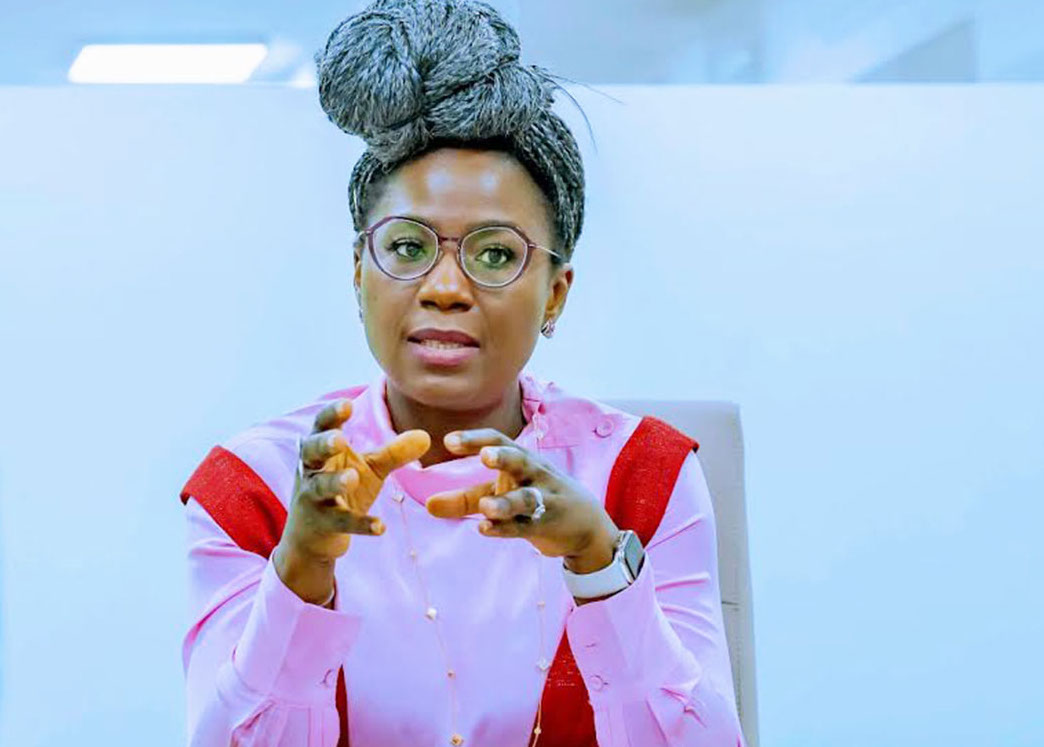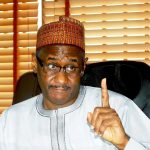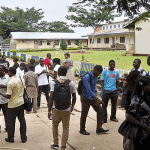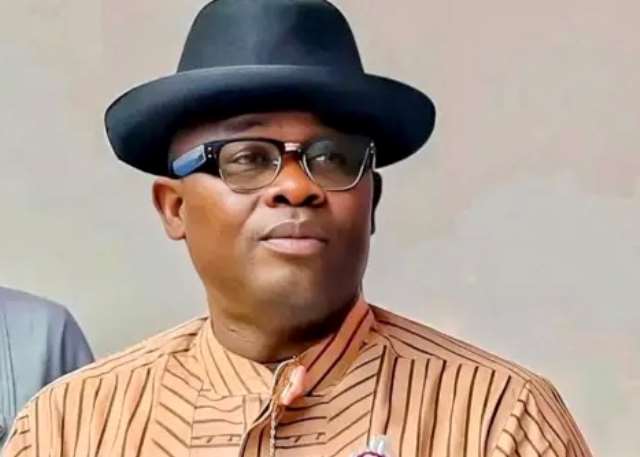Olu Arowolo Verheijen, the Presidential Adviser on Energy, has clarified media reports suggesting an imminent 65 percent increase in electricity tariffs in the country.
She said her words were misrepresented during an interview in Tanzania where she attended a World Bank-sponsored conference in Dar es Salaam, the country’s capital.
Persecondnews recalls that she had presented a $32 billion plan to boost electricity connections by 2030 on behalf of Nigeria.
Bloomberg reported that she said Nigeria’s power prices need to rise by about two-thirds for many customers to reflect the cost of supplying it.
The special adviser said she only meant that the current tariffs cover 65% of the electricity supply cost.
“It has become necessary to clarify media reports suggesting an imminent 65 percent increase in electricity tariffs.
“This is a misrepresentation of what I actually said in a recent press interview. I highlighted the fact that, following the increase in Band A tariffs in 2024, current tariffs now cover approximately 65 percent of the actual cost of supplying electricity, with the Federal government continuing to subsidize the difference,” Verheijen clarified.
She said the Federal Government is committed to ensuring fairer pricing, taking decisive action to deliver more electricity to Nigerians, ensuring fewer outages, and guaranteeing the protection of the poorest and most vulnerable Nigerians.
The adviser also said the government’s power sector priorities include Presidential Metering Initiative, which is accelerating the nationwide rollout of 7 million prepaid meters, starting this year.
Among others, it will finally put an end to the practice of estimated billing, giving consumers confidence in what they are paying for and ensuring transparency in electricity charges.
Metering will also improve revenue collection across the sector and will attract the investments needed to strengthen Nigeria’s power infrastructure.
According to her, the Federal government spends over ₦200 billion per month on electricity subsidies, but much of this support benefits the wealthiest 25 percent of Nigerians rather than those who truly need assistance.
To address this, the Federal government is working towards a targeted subsidy system to ensure that low-income households receive the most support. This approach will make electricity more affordable and accessible for millions of hardworking families, Verheijen said.
























Leave a comment